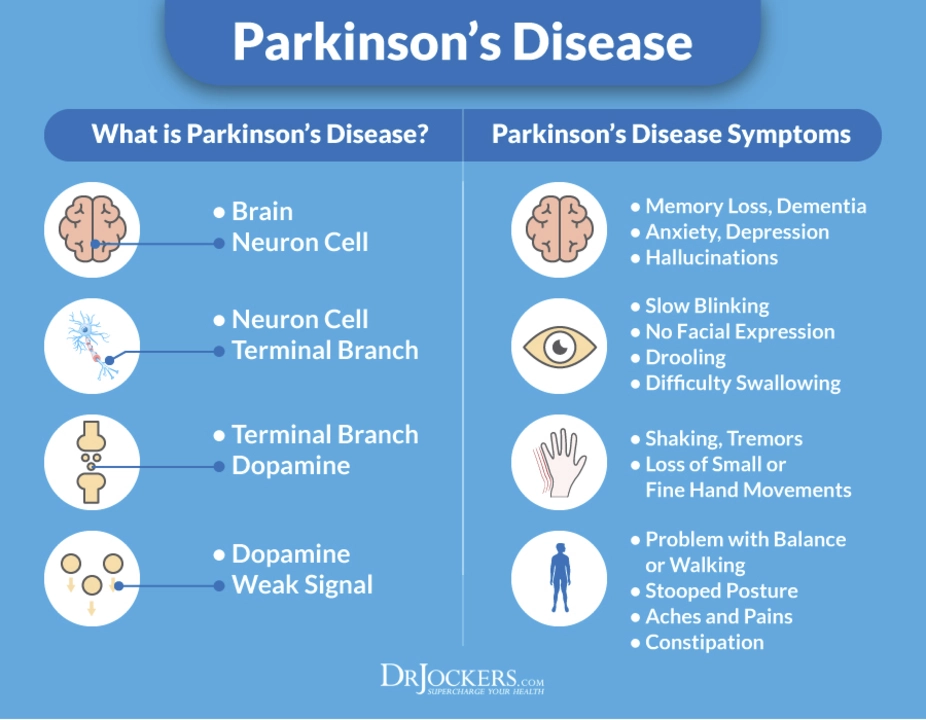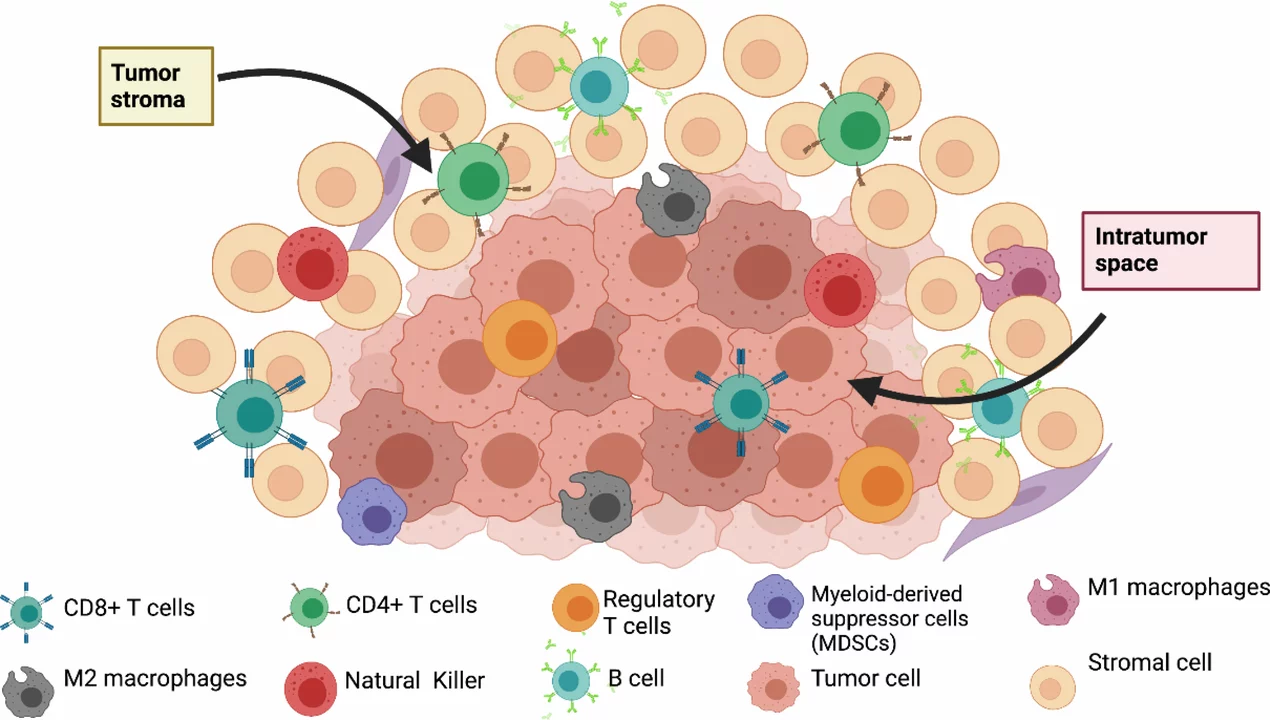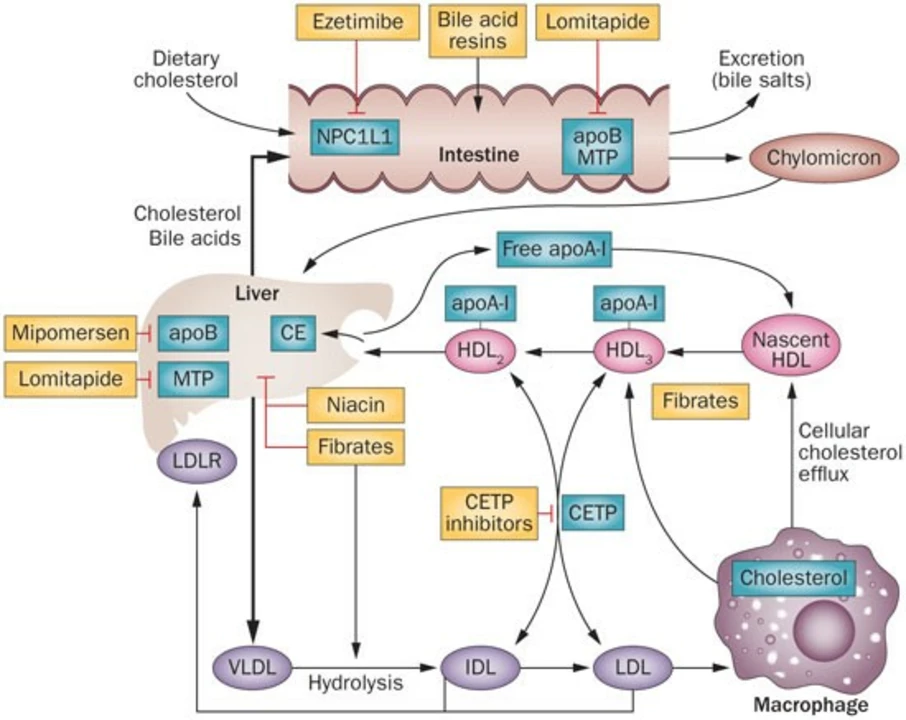April 2023 Archive — practical notes on drugs and everyday health
This month’s posts cover four different but useful topics: a possible antipsychotic choice for Parkinson’s psychosis, why kids wet the bed, how alpelisib changes the breast cancer environment, and whether omega‑3s add value to atorvastatin therapy. Below you’ll find short takeaways, what the evidence suggests, and simple actions you can consider.
What the posts say, quickly
Loxapine and Parkinson’s psychosis: early reports show loxapine can reduce hallucinations and delusions in some Parkinson’s patients without clearly worsening motor symptoms. That makes it an option to discuss with a neurologist when classic antipsychotics cause movement problems.
Bed‑wetting and bladder control in children: bladder maturity, genetics, deep sleep and nervous system development all play a role. The message for parents is patience plus supportive, practical steps rather than blame.
Alpelisib in breast cancer: alpelisib, a PI3K‑alpha inhibitor, not only slows tumor growth in PI3K‑mutant cases but also appears to alter the tumor microenvironment in ways that can improve immune responses and boost immunotherapy effects.
Atorvastatin and omega‑3s: combining a statin like atorvastatin with omega‑3 fatty acids can support heart health in different ways — statins lower LDL, omega‑3s help triglycerides and inflammation — making them complementary in many patients.
Practical takeaways and next steps
If you or a family member is dealing with Parkinson’s psychosis, ask your clinician about loxapine if movement side effects limit other options. It’s not a first line for everyone, but it’s worth discussing in stubborn cases.
For childhood bed‑wetting, try a simple plan: consistent evening fluid limits, a potty schedule before bed, encouragement, and an alarm if needed. If the child is older than expected for nighttime control or has daytime problems, check with a pediatrician for underlying causes.
For anyone tracking breast cancer treatments, note that alpelisib is most relevant for tumors with a PI3K mutation. Talk to your oncologist about testing and whether combining targeted therapy with immunotherapy could be part of your plan.
If you take atorvastatin and have high triglycerides or inflammatory risk, ask whether adding omega‑3s (prescription or high‑dose supplements) fits your goals. Don’t self‑prescribe high doses without medical advice, especially if you’re on blood thinners.
Want a deeper read? Click each post to see detailed explanations, the studies referenced, and practical tips specific to each topic. If you’d like, I can point you to the most relevant article first based on what matters to you right now.



